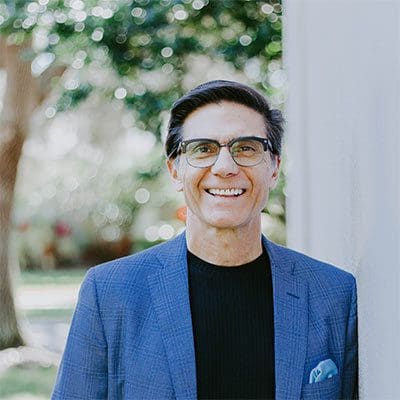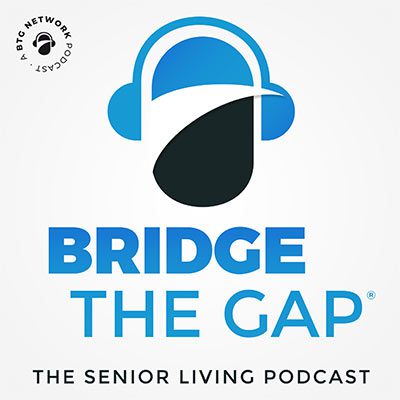Contributors
Dr. Lord is a published author, educator, speaker and master Alzheimer/dementia coach.
Dr. Éthelle Lord holds a doctorate degree in management from the University of Phoenix (2010), a master’s degree in counseling from the University of Maine (1992), a graduate certificate as a life coach from CoachU (2002), is a practitioner of energy medicine (Good Shepherd Healing System or GSHS), and several certificates in a variety of professional training programs that support her work. Her most recent certification is an advanced training certificate in face reading (2018) that allows her to quickly and effectively relate to someone who is living with dementia. She considers face reading an essential tool for all dementia coaches and care providers. Dr. Lord is a practitioner of energy medicine, especially the Good Shepherd Healing System (GSHS).
Dr. Lord has 21 years of first-hand experience as a dementia Caregiver for her husband, Major Larry S. Potter, USAF Ret., who was officially diagnosed in January 2003 with Vascular Dementia. His dementia was contained in 2015 when he participated as a subject in a small but informal energy medicine study along with six other participants from California to France. Larry died on June 18, 2020 from a broken heart since the nursing facility was locked down to all visitors due to the Covid-19.
In the summer of 2012, she was a keynote in Chicago to a large audience of neurologists from all over the world who were seeking first-hand information on family caregiving and Alzheimer’s. Her keynote was entitled “Yes Virginia, You Can Have an Alzheimer’s-Friendly Healthcare Experience”. From that moment on, she realized the great need for the importance of adopting a universal standard in training and delivering dementia care by professionals and family caregivers.
Recent Content

I was holding my husband last night when he took his last breath. He left this earth at 10:55 pm (June 19, 2020 with acute pulmonary edema) after a week of declining health. No, it was not the Covid-1…
I was holding my hus…
I was holding my husband last night when he took his last breath. He left this earth at 10:55 pm (June 19, 2020 with acute pulmonary edema) after a week of declining health. No, it was not the Covid-19. It was after 21 years of fighting heart disease and resulting vascular dementia - to stay alive because he loved life. I am very happy to have been there with him as he transitioned from this world to another. I was certainly blessed with many years sharing and providing for his care. I was able to nurture and love him. He was able to champion me as he lived with his dementia. His life path al…

Featured article: NEUROSCIENCE NEWS on September 2, 2019 Summary: Researchers have identified the location of dysfunctional brain networks that lead to impaired sentence production and word-finding i…
Featured article: NE…
Featured article: NEUROSCIENCE NEWS on September 2, 2019 Summary: Researchers have identified the location of dysfunctional brain networks that lead to impaired sentence production and word-finding in primary progressive aphasia (PPA). PPA can occur in those with neurodegenerative diseases, such as frontotemporal dementia and Alzheimer’s disease. Mapping the networks allows clinicians to apply non-invasive brain stimulation to potentially improve speech in those with PPA. For the first time, Northwestern Medicine scientists have pinpointed the location of dysfunctional brain networks that …

Original article by Dee Rapposelli July 5, 2017 RESEARCH UPDATE Distinguishing dementia with Lewy bodies (DLB) from Alzheimer disease (AD) has been a challenge. DLB is often misdiagnosed as AD only …
Original article by …
Original article by Dee Rapposelli July 5, 2017 RESEARCH UPDATE Distinguishing dementia with Lewy bodies (DLB) from Alzheimer disease (AD) has been a challenge. DLB is often misdiagnosed as AD only to be correctly revealed at autopsy. Missed or misdiagnosed DLB has persisted despite consensus diagnostic criteria published at the end of 2005.1 A recently updated consensus report of the DLB Consortium aims to bring greater clarity and diagnostic precision to the identification and management of DLB.2 Revised consensus criteria The revised DLB consensus criteria provide clear guidance re…

The seven stages of Alzheimer's are helpful in finding the words to discuss Alzheimer's. Caregivers find them particularly useful in support groups, as well as in conversations with doctors and other …
The seven stages of …
The seven stages of Alzheimer's are helpful in finding the words to discuss Alzheimer's. Caregivers find them particularly useful in support groups, as well as in conversations with doctors and other professionals. Although the progression of Alzheimer's disease can be slowed down today thanks to today's medications, it cannot as of yet be stopped. The process is described in general terms as going through 3 steps: Mild Alzheimer’s Moderate Alzheimer’s Severe Alzheimer’s. For more meaningful terms between professionals, caregivers and patients, a more detailed process has be…

APATHY strikes 90% of people with dementia, sooner or later. Faster decline and care problems result. Apathy is the most common neuropsychiatric symptom of dementia, with a bigger impact than memory l…
APATHY strikes 90% o…
APATHY strikes 90% of people with dementia, sooner or later. Faster decline and care problems result. Apathy is the most common neuropsychiatric symptom of dementia, with a bigger impact than memory loss. Proper stimulation makes all the difference. Learn why. No alt text provided for this Image A new study from the University of Exeter has found that apathy is present in nearly half of all people with dementia, at any single point in time. 90% of the people with dementia experience apathy at some point. Apathy is the most common neuropsychiatric symptom of dementia, with a bigger impact on …


























